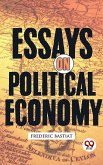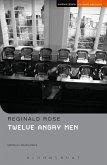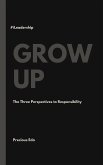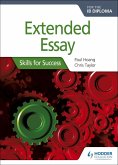Ralph Waldo Emerson (1803–1882) was an American essayist, lecturer, and poet, who led the Transcendentalist movement of the mid-19th century.He was seen as a champion of individualism and a prescient critic of the countervailing pressures of society, and he disseminated his thoughts through dozens of published essays and more than 1,500 public lectures across the United States.Self Reliance essay contains the most thorough statement of one of Emerson's recurrent themes, the need for each individual to avoid conformity and false consistency, and follow his or her own instincts and ideas. It is the source of one of Emerson's most famous quotations: "A foolish consistency is the hobgoblin of little minds, adored by little statesmen and philosophers and divines."Self-Reliance is Ralph Waldo Emerson’s compilation of many years’ works and the archetype for his transcendental philosophies. Emerson presupposes that the mind is initially subject to an unhappy conformism.









